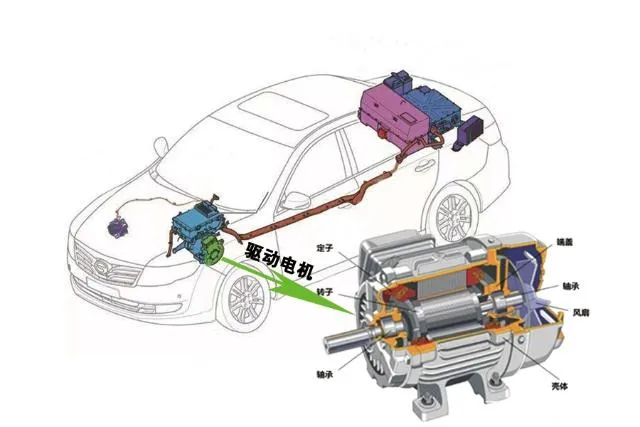Jan . 14, 2025 10:19 Back to list
Industrial PLC Programming


Trustworthiness is further established through the robust data security measures implemented in modern Lidar systems. As data integrity and privacy become increasingly complex, leading manufacturers incorporate encryption technologies and regular software updates, ensuring that user data remains protected from unauthorized access and breaches. This approach not only fortifies customer trust but also aligns with international data protection standards. Potential buyers looking to invest in Lidar scanning equipment must consider several factors to ensure a valuable acquisition. Firstly, evaluating the device's range and resolution capabilities in relation to the intended project's scope is critical. Additionally, understanding the compatible software suites and their robustness in handling and analyzing large datasets can significantly influence the operational efficiency of Lidar systems. Furthermore, the ease of integration with existing workflows and compatibility with other technological solutions already in use should be assessed. Lidar technology evolves rapidly, so opting for equipment with scalable features and updates can guard against obsolescence, promising a better return on investment in the long term. In conclusion, the adoption of Lidar scanning equipment offers extensive strategic advantages across various industries, backed by empirical evidence and expert recommendations. By ensuring a comprehensive understanding of the technology's capabilities, businesses can significantly enhance their operational efficiency and maintain competitive market positioning. The expertise, authoritativeness, and trustworthiness inherent in established Lidar systems make them a key asset in modern technological applications, driving industry innovation and efficiency to new heights.
-
Why Steel Mills Rely on FODA’s High-Temperature Cylindrical Roller Bearings?
NewsApr.10,2025
-
What is a Plain Bearing? A Complete Guide to Design & Functionality
NewsApr.10,2025
-
Thrust Ball Bearings vs. Tapered Roller Bearings: FODA’s Performance Comparison
NewsApr.10,2025
-
The Engineering Behind FODA Thrust Ball Bearings: Precision for High-Speed Applications
NewsApr.10,2025
-
No More Compromises: Get Precision-Engineered Custom Bearings Tailored to Your Exact Specifications
NewsApr.10,2025
-
In-Depth Analysis: Application Differences of Different Types of Angular Contact Ball Bearings
NewsApr.10,2025
Products categories
















